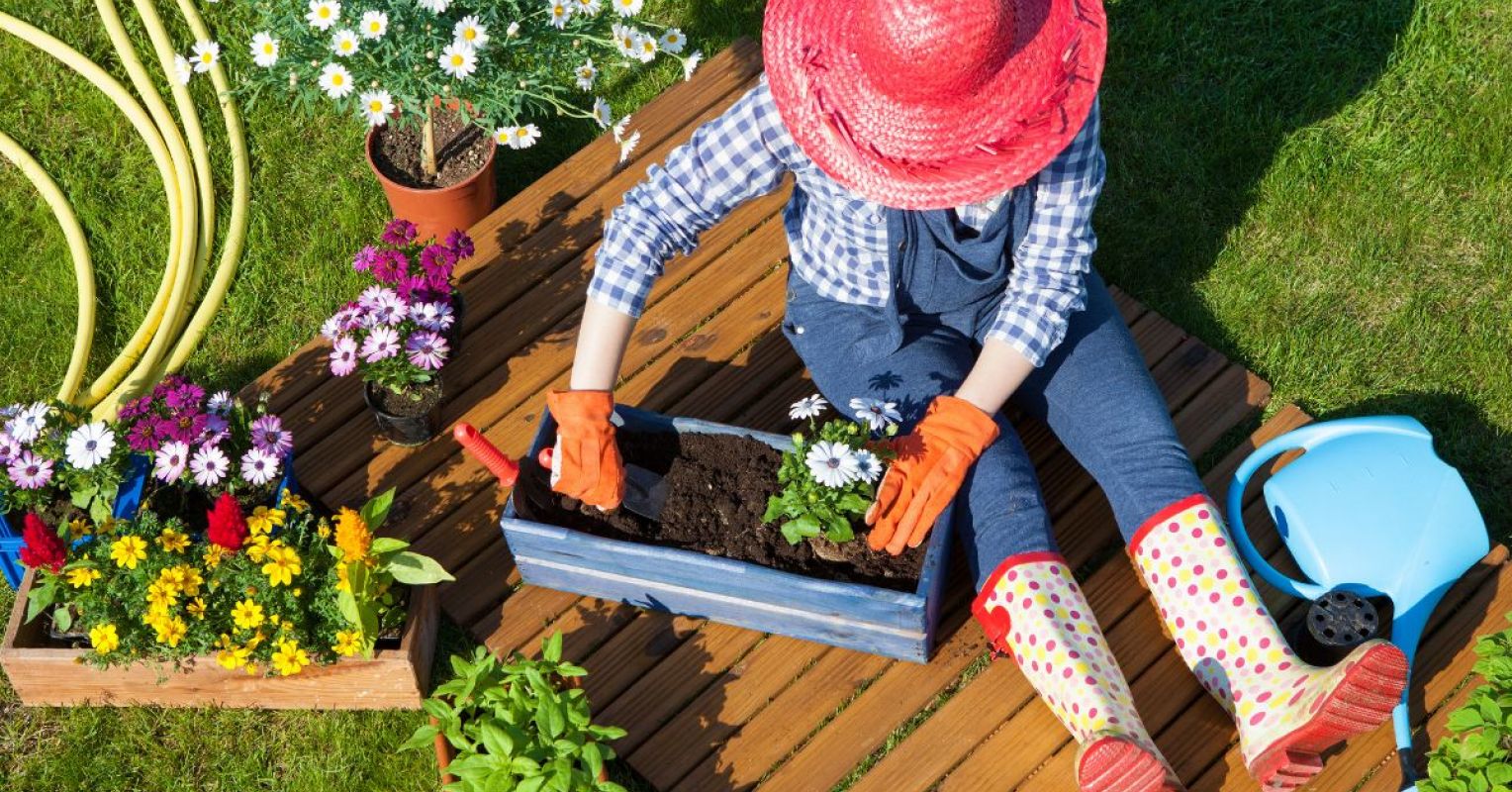
"Most of us probably have an auntie or neighbor who deeply loves their garden, and it's easy to view this as a pastime for retired folks, or for those super wholesome types. But, if you ask your neighbor what the appeal is, you may be surprised to learn it's doing something for him that even the busiest and most serious among us could use more of."
"He'll likely mention time to himself, a calming or peaceful feeling, or the unique sense of purpose he gets from watching his plants grow. Spoiler: We all need time alone, peace, and purpose! Neuroplasticity, in Sickness and in Health The latest neuroscience around mental health conditions, including depression and anxiety, points to a physiological state, not a mental or emotional state."
About half of people regularly engage with soil while many others rarely touch dirt after childhood. Over 20 percent of people in developed countries experience depression or anxiety at some point, with varied durations and access to care. Gardening and other self-care practices can mitigate symptoms alongside therapy and medication. Growing things in soil offers time alone, calming sensations, and a renewed sense of purpose. Neuroscience frames depression and anxiety as physiological nervous-system patterns shaped by inheritance, learning, and prolonged stress, making behavioral and environmental inputs relevant for rewiring and recovery.
Read at Psychology Today
Unable to calculate read time
Collection
[
|
...
]